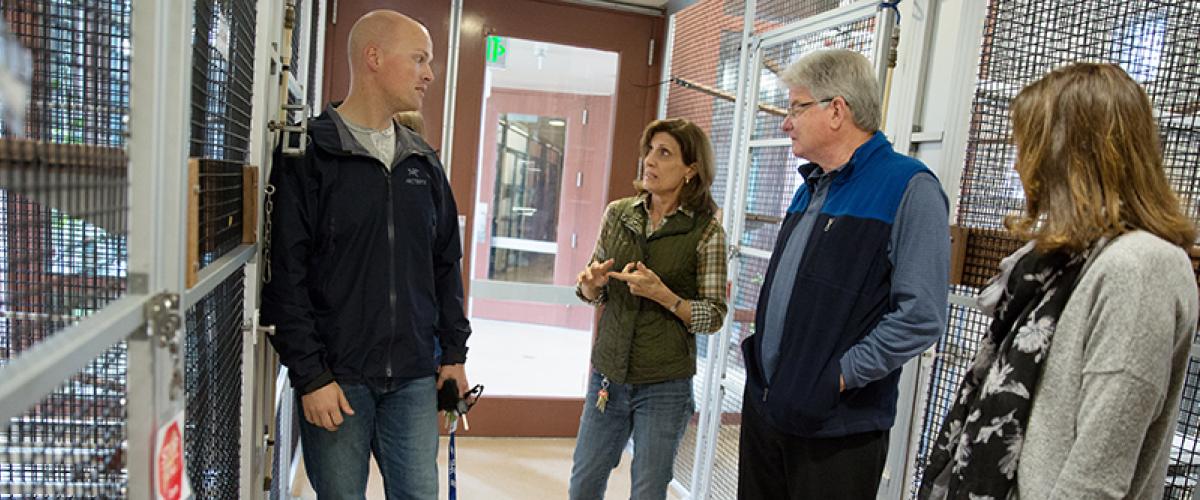
Training Physicians to Provide Health Care in a Variety of Workplace Settings
The residency is accredited by the Accreditation Council for Graduate Medical Education (ACGME) and provides residents with the qualifications to meet the American Board of Preventive Medicine eligibility requirements for specialty board certification in occupational medicine. The Duke Occupational and Environmental Clinic is a member of the Association of Occupational and Environmental Medicine Clinics (AOEC), a nationally recognized network of clinics dedicated to the ethical practice of occupational medicine, research, education, and the prevention and treatment of occupational and environmentally induced diseases. The residency program is funded through a The National Institute for Occupational Safety and Health (NIOSH) Training Grant, industry grants and clinical revenue from the DOEMC.
Mission
The major goal of the Residency Program in Occupational and Environmental Medicine is to train ethical, board-certified, occupational physicians who possess the knowledge and skills necessary to provide occupational and environmental health professional services in a wide variety of settings, including academia, public health agencies, corporate occupational health, and community based clinical occupational medicine. The knowledge and skills necessary to practice preventive medicine and occupational medicine are acquired over the course of a career and lifelong learning skills are emphasized.
How to Apply
Physicians who are eligible to apply to the program are required to have completed at least one year of clinical training in an Accreditation Council for Graduate Medical Education, (ACGME), approved residency. Many of our highly qualified trainees have already completed a primary care residency but resident applicants with one year of clinical training and additional expertise and/or experience relevant to occupational medicine are welcome to apply. Final acceptance to the program requires a license to practice medicine in the State of North Carolina and Duke GME clearance. Military physicians and those applicants desiring additional training in hyperbarics and undersea medicine are encouraged to apply.
Applications are accepted through the Electronic Residency Application Service beginning in August. Interviews are scheduled in October and November with an informal match in December for the following July start date.